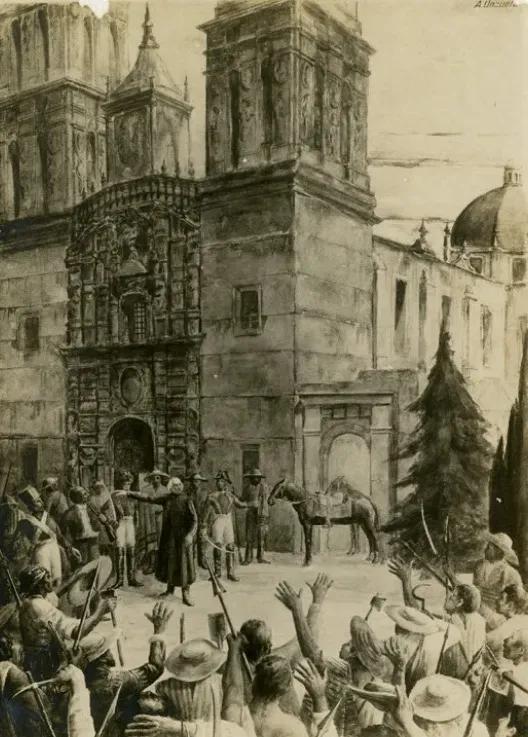The memory of September 16: a day to remember
September 16 is commemorated in Argentina as the Day of Secondary Students' Rights, but its significance goes beyond education. This day also remembers the Night of the Pencils, a tragic episode in Argentine history that illustrates the struggle for human rights and freedom. In this article, we will analyze the importance of this date, its historical context, and the lessons that can be drawn for today's society.
📚 Current panorama
In contemporary Argentina, the memory of September 16 resonates amid a complex political and social landscape. Student protests have intensified in recent years, highlighting the need for a more inclusive and equitable education system. The memory of the young people kidnapped and disappeared in 1976 serves as a constant reminder of the fragility of human rights. According to data from the Center for Legal and Social Studies (CELS), 70% of Argentine youth feel that their voices are not heard in political decisions that directly affect them.
In this context, it is crucial to emphasize that the fight for student rights should not only be a commemoration but a call to action. The current educational administration faces significant challenges, including school dropout and lack of resources. Figures indicate that in 2022, approximately 30% of secondary students dropped out of their studies, highlighting the urgency of addressing the demands of this essential sector of society.
🌍 International comparison
The commemoration of September 16 and its significance in terms of student rights is not an isolated phenomenon. In several countries in Latin America, student movements have played a crucial role in defending human rights and democracy. For example, in Chile, the student mobilizations of 2011 resulted in significant reforms in the education system, including the elimination of profit in higher education. These protests not only demanded better educational quality but also greater social inclusion.
Another relevant case is that of Mexico, where the student movement of '68 also left an indelible mark on the fight for civil rights. The Tlatelolco massacre, where hundreds of students were killed, marked a before and after in the collective consciousness of the country. These examples show that the fight for student rights is a global phenomenon and that, in many cases, it has led to significant changes in public policies.
⚖️ Social and political implications
The implications of September 16 go beyond the educational realm. The memory of the Night of the Pencils and the struggle for student rights confronts us with the reality of a system that still must deal with the consequences of a recent past. The lack of recognition of young people's rights can lead to a cycle of distrust towards institutions, fueling a more fractured society.
Politically, the lack of attention to student demands can lead to increased apathy and disenchantment toward politics. According to data from the National Institute of Statistics and Censuses (INDEC), 65% of Argentine youth do not feel represented by political parties. This disconnection can have consequences for civic and electoral participation, affecting the quality of democracy.
On the other hand, it is important to recognize that education is a fundamental pillar for the social and economic development of the country. Without an education system that promotes inclusion and respect for human rights, Argentina is likely to continue facing significant challenges on its path toward a more just and equitable future.
🗣️ The voice of the youth
The commemoration of September 16 should not be limited to remembering a tragic past; it should be a platform for young people to express their concerns and demands. In this sense, it is essential to foster spaces for dialogue and participation where students can be heard and their proposals considered. The creation of consultative councils in schools, where students have a voice and a vote, could be an important step toward the democratization of the education system.
Moreover, the use of digital platforms can be a powerful tool for young people to organize and mobilize around their rights. Social networks have proven to be an effective vehicle for the dissemination of ideas and the call to collective actions. In this regard, it is imperative that educational and governmental institutions recognize and support this form of participation.
🌱 Conclusion
The commemoration of September 16 invites us to reflect on the importance of human rights and the voice of youth in society. Argentina must not only remember the Night of the Pencils but must commit to building a future where education is a guaranteed right for all. The balance between memory and action is fundamental to prevent history from repeating itself; it is a call to collective responsibility to ensure that the lessons of the past serve to build a more just and equitable future. History teaches us that silence is not an option; the voices of youth must be heard, and their rights defended.

Comments